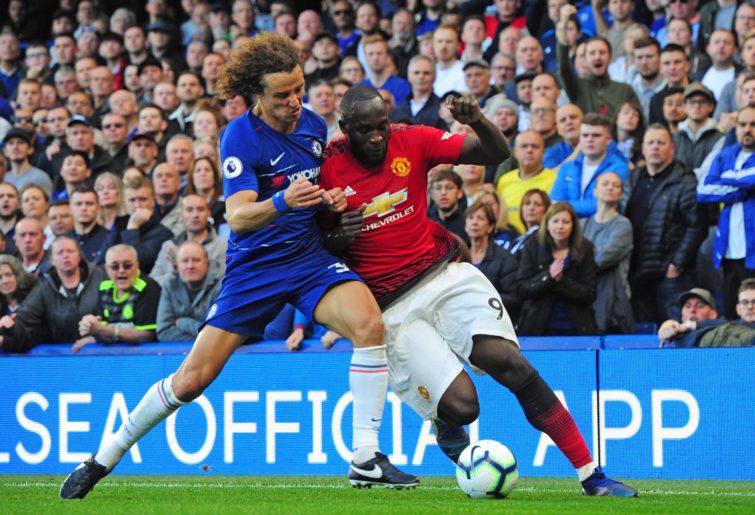Controversy as Villa keeper handed second yellow for shootout crowd taunting... but isn't sent off
Emi Martinez was saved by a new rule that resets yellow cards at the end of extra time, meaning his second yellow for taunting…
The fortunes of your favourite sides in the English Premier League or any of the major European leagues these days unfortunately but necessarily revolve around their access to the kind of crazy money required for success.
Three articles have surfaced this week via European news sources. They’re unrelated and yet not, and they serve to accentuate this point.
The the last week the English Football League negotiated a new TV deal with Sky Sports worth almost £600 million (A$1.05 billion) over five years, but 19 clubs from the competitions comprising the EFL had concerns that the deal had been done without giving due consideration to issues raised by them earlier.
Notably it’s the larger clubs with history and aspirations – Leeds, Aston Villa and Derby – that have been mentioned and who upon the finalisation of the deal voiced louder concerns, primarily centred on how the deal helped to secure the financial position of all 72 clubs involved.
The BBC published an interview with UEFA chairman Aleksander Ceferin and Andrea Agnelli, chairman of the European Club Association, both of whom strongly denied that a ‘European Super League’ would spring into being soon.
Ceferin made a very good point about how football can bring people, nations and even a continent together – Which would be great in the time of Brexit.
In broad terms both men continued to agree that European football needs to evolve and embrace change that enhances the game, and 2024 is touted as a time when major change will come to the game.
Ceferin spoke of the broadening of participation in European competition in the meanwhile with the introduction of a new third-tier competition below the Champions League and the Europa League.
Agnelli made reference to the fact that such changes would necessarily need a rebalancing of fixtures, with European games beginning to take precedence over domestic matches.
Between that and ‘tiers of participation’ in European competition, in some ways it equates to the likes of Bayern Munich, Real Madrid, and Ceferin’s Juventus regularly taking part in fixtures which look suspiciously like a quasi ‘Super League’.
In the same interview Ceferin spoke of the absolute need for more robust rules of financial fair play in the European leagues. He didn’t name teams and he refused to discuss possible sanctions, but he seemed to agree that sporting sanctions may well hurt the culprits the most.
Manchester City and PSG have fallen under the microscope so far, and both have issued strong denials. Every elite team in a top league would be pushing the envelope financially to make sure they remain competitive and can attract the very best players. Imagine any of those teams being banned from the Champions League for even a season or two.

(Zed Jameson/phcimages/Cover Images)
Sir Alex Ferguson once made one of his classic comments vaguely along the lines that foreign players who looked good in August disappeared when January came around and the fixture list was made up of freezing cold nights in Scunthorpe and Blackburn.
His point pervades these stories for me.
Manchester City, Liverpool and Chelsea could fill their fixture lists with games against the Spanish superpowers or trips to Brighton and Huddersfield.
At the Championship level the Sky contract is the money those clubs use to claw their way back to the riches of the Premiership.
The clubs probably want to be fair, but they are looking at a limited pile of cash and have to think, “How much of it is stumped up by Sky because of battles at the top of the Championship and how much is due to coverage of Grimsby away to Carlisle?”.
And UEFA must temper any fair play penalty with the thought that clubs may well just leave and create their own world where all’s fair in love and war.